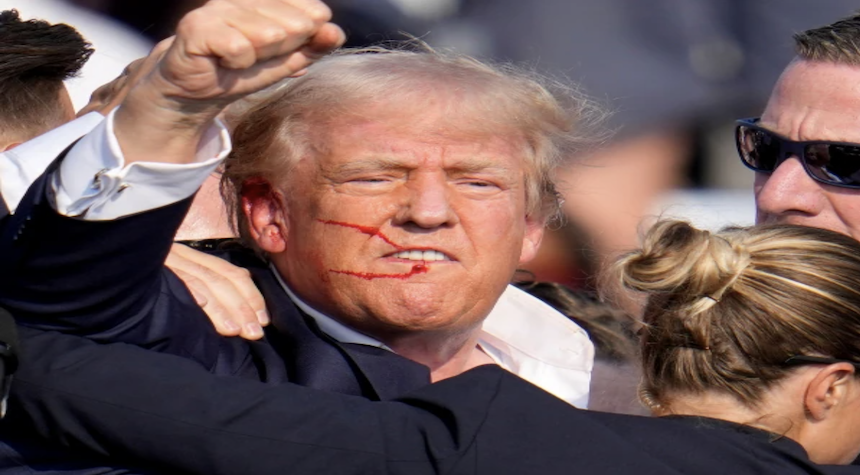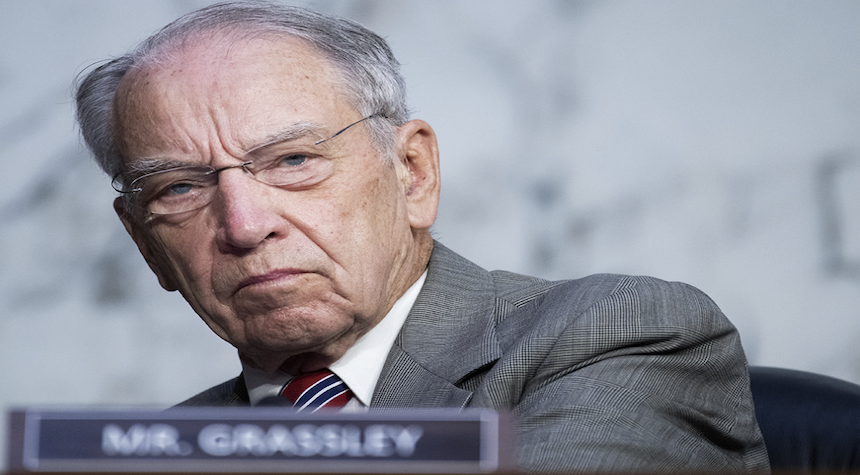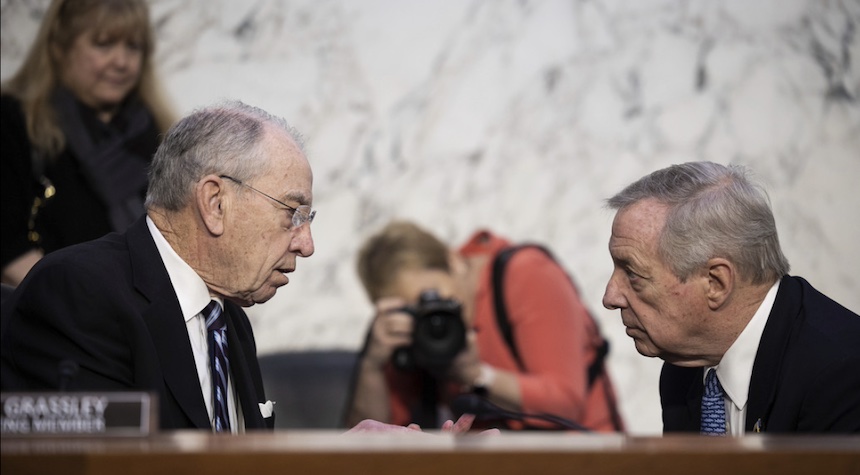A Government Accountability Office report has revealed that the U.S. Secret Service received credible threat intelligence regarding former President Donald Trump’s life before a July 13, 2024, campaign rally in Butler, Pennsylvania. This information, however, was not shared with the security personnel responsible for the event.
According to Senator Chuck Grassley, who addressed the Senate floor, the GAO report states that the Secret Service “failed to implement security measures that could’ve prevented the assassination attempt” on the former president. The report indicates that senior-level Secret Service officials were aware of a threat to Trump’s life approximately ten days before the rally, but this crucial information was not disseminated to the agents on the ground or local law enforcement.
The threat intelligence was not specific to the July 13 event or to the individual who ultimately carried out the attack. However, the GAO concludes that had this information been shared, it would have likely altered the security preparations for the rally, particularly regarding the AGR building from which the sniper later opened fire.

The GAO report suggests that the failure to share this information stems from what it terms “siloed” intelligence practices within the Secret Service. The agency’s policy of restricting highly classified information to specific chains of command contributed to the breakdown in communication.
Senator Grassley has criticized the previous administration for what he describes as stonewalling oversight requests. He has called for transparency and urged the current administration to “let all the facts breathe.” The senator’s investigative team has conducted extensive interviews, reviewed security footage, and examined various records to piece together the events surrounding the assassination attempt.
The GAO report reveals that modifications were made to the original security plan at the request of a campaign staffer, without notifying senior officials. These changes may have compromised the intended security measures, including the use of farm equipment to address line-of-sight issues with the AGR building.

This raises important questions about the protocols and decision-making processes within the Secret Service. Senator Grassley has vowed to continue his oversight efforts, emphasizing the agency’s “zero-fail mission” and the critical need for reform based on the GAO’s findings.
As this story continues to unfold, this incident will have far-reaching consequences for Secret Service operations and potentially for the broader landscape of political security in the United States.

